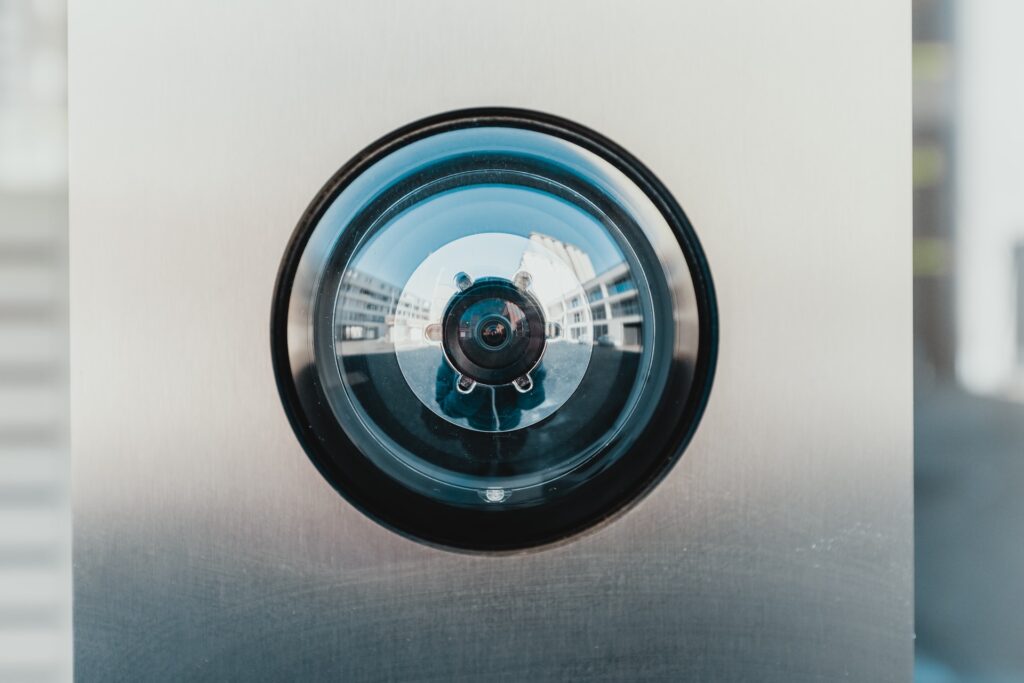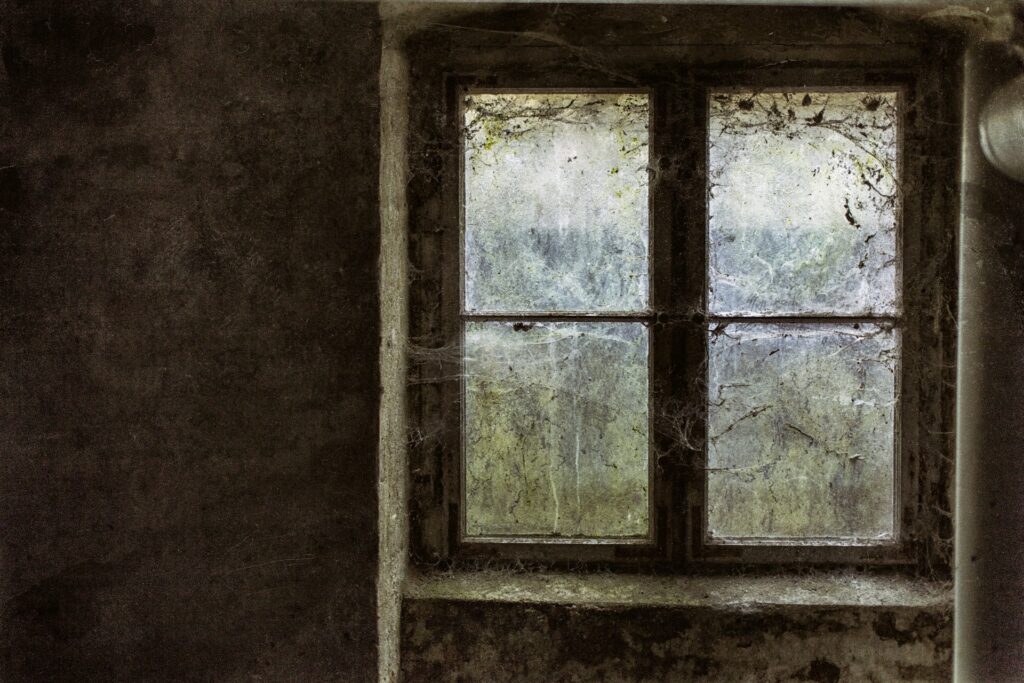
We are reader-supported. When you buy through links on our site, we may earn an affiliate commission.
Renting a property comes with certain rights and responsibilities for both tenants and landlords. One fundamental right tenants have is the right to privacy in their rented space. Landlords are generally required to provide notice and seek permission before entering a tenant’s dwelling.
However, situations may arise where a landlord enters without proper notice, causing discomfort and potentially infringing on tenant rights. You may ask yourself, “What can I do if my landlord enters without my permission?” In such cases, it’s crucial for tenants to be aware of the law and the appropriate actions to take.
What Does the Law Say?
The specific laws regarding landlord entry without permission vary depending on the jurisdiction and the terms outlined in the lease agreement. In general, however, most areas require landlords to provide notice before entering a tenant’s rented space. Notice periods typically range from 24 to 48 hours, but this can vary.
Landlords are typically permitted to enter a rental property for specific reasons, such as maintenance, repairs or inspections. However, entering without proper notice or for reasons not outlined in the agreement may constitute a violation of a tenant’s right to privacy.
What Can I Do If My Landlord Enters Without Permission? 12 Courses of Action
There are several steps you can take before resorting to legal action, including:
1. Familiarize Yourself With Your Lease Agreement
Before taking any legal action, thoroughly reviewing your lease agreement is essential. Lease agreements typically outline the terms and conditions governing the landlord-tenant relationship. Look for clauses related to entry and notice requirements, as they vary by jurisdiction and the specific terms you negotiated on your lease.
2. Know Your Rights
Familiarize yourself with local landlord-tenant laws, as they vary by jurisdiction. Many jurisdictions have specific laws outlining the circumstances under which a landlord can enter a rental property and the required notice period. In the United States, the Uniform Residential Landlord and Tenant Act (URLTA) and state-specific laws provide guidelines on landlord entry.
3. Document the Incident
If your landlord enters your rental unit without your permission, document the incident as soon as possible. Take note of the date, time and any details surrounding unauthorized entry. If you’re comfortable doing so, take photographs or videos to provide visual evidence. This documentation can be crucial if you need to take legal action or dispute the landlord’s actions later.
4. Communicate With Your Landlord
After documenting the indictment, it’s advisable to communicate with your landlord about the unauthorized entry. Stay calm and express your concerns in writing, whether through email or a formal letter. Clearly state that their entry without notice was a violation of your privacy and potentially breaches the terms of the lease agreement. Request an explanation and seek assurance that it won’t happen again.
Regularly check in about scheduled maintenance or inspections to ensure everyone is on the same page. Building a positive and communicative relationship can often prevent misunderstandings and reduce the likelihood of unauthorized entry. If any issues arise, addressing them promptly and professionally can contribute to a more amicable resolution.

5. Contact Local Authorities
If the situation escalates or you feel threatened, contacting local authorities may be necessary. However, you should only take this step in extreme cases where immediate intervention is required. Local law enforcement can provide guidance on your rights and may intervene if there’s a clear violation of the law.
6. Seek Legal Advice
If communication with your landlord and local authorities doesn’t yield satisfactory results, it may be a good idea to seek legal advice. Consult with a tenant rights attorney who can provide guidance based on your specific situation. They can help you understand the legal implications, assess the strength of your case and advise on the appropriate course of action.

7. Consider Taking Legal Action
If communication with your landlord doesn’t resolve the issue and you believe they’ve violated your rights, you should consider legal action. Consult with an attorney who specializes in landlord-tenant law to understand your options. In some cases, you may be entitled to compensation or may be able to break the lease without penalty if your landlord repeatedly violates your privacy rights.
8. Request a Restraining Order
In extreme cases where your landlord continually violates your privacy and you feel unsafe, you may seek a restraining order against your landlord. A restraining order, also known as an injunction, can legally prohibit the landlord from entering your premises without proper notice and result in legal action should they violate it. This legal tool can provide an additional layer of protection for your rights and well-being and give you some peace of mind.
9. Request Mediation Services
Some jurisdictions offer mediation services to help landlords and tenants resolve disputes outside the courtroom. Mediation involves a neutral third party facilitating a discussion between the parties involved to find a mutually agreeable resolution. This method can be a more amicable and cost-effective alternative to pursuing legal action as it fosters communication and understanding.
10. Contact Tenant Associations
Consider reaching out to local tenant associations or groups. These organizations often have resources, information and support networks for tenants facing issues with their landlords. Joining forces with other tenants who may have experienced similar problems can provide additional strength when addressing grievances.
11. Consider Security Measures
Consider installing security measures within your rental unit to protect your privacy. These measures could include a security camera near the entrance, which can deter unauthorized entry and provide evidence if such incidents occur.
Ensure the installation complies with any lease agreement or local laws governing security measures within rental properties. While it may not prevent all unauthorized entry, having a record can be a valuable asset if you need to escalate the issue legally.

12. Next Steps
Lastly, consider your next steps. After addressing the immediate issue, consider discussing the incident during the negotiation of lease renewals or when signing a new lease. Clearly outline your expectations regarding privacy and landlord entry in the lease agreement to prevent similar issues in the future. Additionally, staying informed about your rights as a tenant can empower you to assertively protect your privacy and maintain a civil landlord-tenant relationship.
Moving Forward
While renting a property, tenants have a right to privacy and the peaceful enjoyment of their living space. If your landlord enters without permission, it’s essential to understand your rights, document the incident, communicate with your landlord and take the appropriate action if necessary. By staying informed and proactive, tenants can protect their rights and maintain a positive relationship with their landlord.









